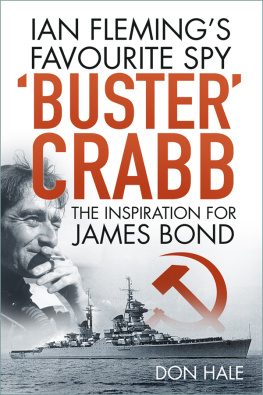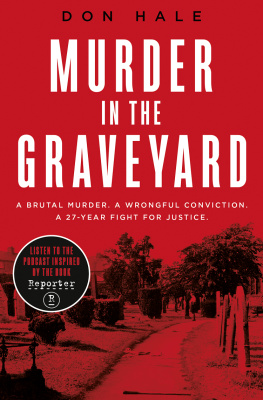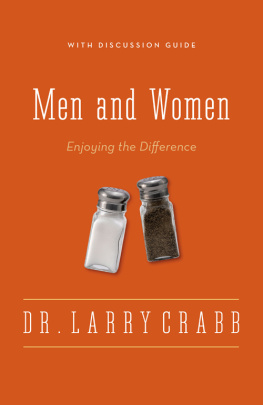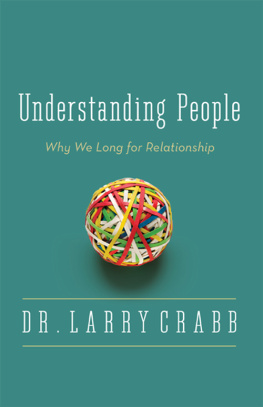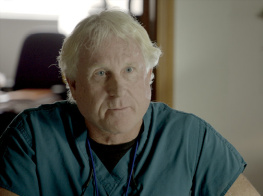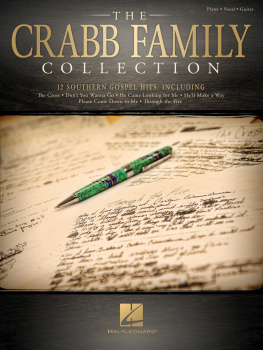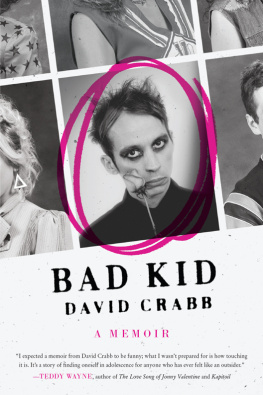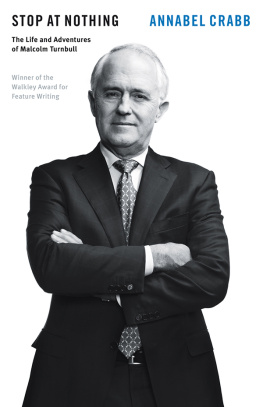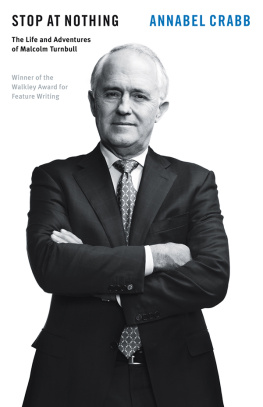Contents
Guide

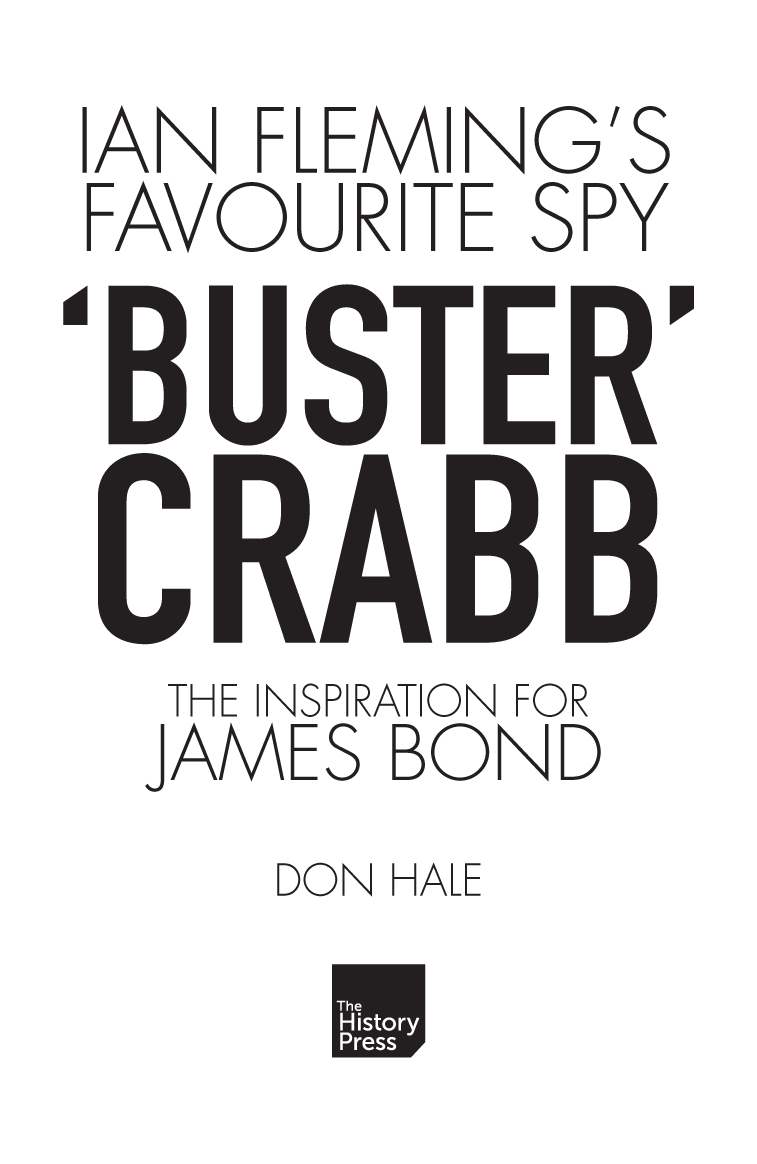
Jacket illustrations. Front (left): Lieutenant Crabb RNVR, officer in charge of the Underwater Working Party in Gibraltar, 1944, enjoys a cigarette (IWM A23270). Front (right): The Russian cruiser Sverdlov, reputed to have been spied on by Crabb. (Getty Images)
First published as The Final Dive: The Life and Death of Buster Crabb in 2007, and in paperback in 2009
The History Press
97 St Georges Place, Cheltenham,
Gloucestershire, GL50 3QB
www.thehistorypress.co.uk
Don Hale, 2007, 2009, 2020
The right of Don Hale to be identified as the Author of this work has been asserted in accordance with the Copyright, Designs and Patents Act 1988.
All rights reserved. No part of this book may be reprinted or reproduced or utilised in any form or by any electronic, mechanical or other means, now known or hereafter invented, including photocopying and recording, or in any information storage or retrieval system, without the permission in writing from the Publishers.
British Library Cataloguing in Publication Data.
A catalogue record for this book is available from the British Library.
ISBN 978 0 7524 7186 0
Typesetting and origination by The History Press
Printed and bound in Great Britain by TJ International Ltd.
eBook converted by Geethik Technologies

To Kath and absent friends
CONTENTS
FOREWORD
BY THE LATE NOEL CASHFORD RNVR MBE,
A FORMER LT RNVR BOMB & MINE DISPOSAL OFFICER 194147
It is with great pleasure that I write this foreword. My good friend, the late Commander Gordon Gutteridge RN, OBE, FRSA, frequently worked with Lionel Buster Crabb during the Second World War and during post-war years. He probably knew him better than anyone else yet he knew very little about his past. I too was in the company of Commander Crabb, although rather more infrequently.
Crabb always bordered on the eccentric and remained very secretive. And it was Gordons wish for us to collaborate and to try and write the definitive story. Planning meetings had already taken place but sadly Gordon died rather suddenly.
Now, my author friend, Don Hale, whose track record in investigative journalism is well proven, has used his own meticulous research to bring this amazing story to fruition, so that it can now be told in full, in addition to highlighting some amazing links to Ian Flemings James Bond spy series of books and films.
Crabbs final dive at Portsmouth in April 1956 was never easy to research but despite often having his inquiries blocked by intrigue, constant cover-ups, and government bureaucracy, coupled with threats relating to the Official Secrets Act, Don has now been able to reveal the true facts relating to this fascinating yet complex case.
Let me confirm Gordons last words regarding the Crabb affair. I quote:
It is, Im afraid, the story of an ill-conceived Intelligence project, most unlikely to have a useful end product, which was sloppily executed using inadequate resources. The pity is that our rabidly anti-communist, down at heel and blinkered monarchist has been denied, in his advancing years, the regard of his peers and the enjoyment of Scotch and beer chasers with his diving chums. But then, it was as much his fault as anyone, and he never would come in from the cold!
Lieutenant Noel Cashford RNVR was awarded the MBE (Military Division) for his wartime work of rendering safe mines and bombs. He joined the navy at 17 and spent many years involved with interesting, exciting, and yet highly dangerous incidents as a RNVR Bomb & Mine Disposal officer. At 5 feet 6 inches he was precisely the same height and build as Lionel Crabb, and he both trained and worked with him during the war.
Noel also became a well-known, highly respected and much decorated young officer, honoured by King George VI. During his career in the Navy, he made safe over 200 devices, including fifty-seven in just three days, during a colourful six-year career with the bomb disposal squad. Noel was also one of the very first men ashore during the daring Liberation of Jersey in the Channel Islands in May 1945. He worked as a key member of the team with Operation Nestegg and Task Force 135 when the German-occupied Channel Islands finally surrendered after five harsh years.
PREFACE
Commander Lionel Buster Crabbs most bizarre and mysterious disappearance whilst diving close to three visiting Soviet Navy warships berthed in Portsmouth Harbour in April 1956 probably ranks high amongst some of the worlds most notable conspiracy theory stories.
The vessels had been specially invited to the UK as part of a goodwill visit, with Prime Minister Anthony Eden issuing a strict hands-off warning to the intelligence services. Over the past six decades, however, a host of famous authors, politicians, philosophers and other learned scholars have continued to add their own personal opinions about the incident without actually resolving the riddle. It remains a story that, perhaps unlike its subject matter, will never die.
My own involvement came about purely by chance. I happened to be working with a former diving colleague of Crabbs, the late Noel Cashford MBE, who spent time with Crabb during wartime training with a special Bomb & Mine Disposal Unit.
Noel had asked for my help in publishing his own fascinating memoirs, and as we discussed Crabbs role in his life, he confirmed that, unbeknown to many people, the case was reviewed by several former senior naval officers some thirty years after his disappearance! I was curious to know just what, if anything, had been discovered, and more importantly, why they failed to publish their findings.
Noel put me in touch with some of his former senior navy colleagues, but the passage of time had unfortunately reduced the numbers of people with personal knowledge of both the man and the case. I did, however, talk with the senior officer who commissioned the review and several of Crabbs other ex-colleagues, who had mixed views and opinions of the man, his life, and about his disappearance.
One of Noels key allies in helping to tell the true story about Buster Crabb was his former friend and associate, Commander Gordon Gutteridge OBE, who had recently passed away but had been determined to publish his own findings into the bizarre disappearance of their mutual colleague and friend.
Noel confirmed that Gutteridge, who was once Crabbs former Commanding Officer (CO), and some of his ex-diving colleagues had spent years unofficially investigating the case. He claimed that much of the paperwork had been scrutinised by a sympathetic ex-navy official during the collation of material for a special historical project.
This review had sparked Gordons interest yet again and he worked with others and continued his quest for the truth until his dying day. His summary played an important early role in my own inquiries and led to interviews with other important contacts.
In his papers, he told Noel:
I was asked to help investigate the Crabb Affair. I added a fair amount of research to my own personal knowledge to produce a rough draft. It has stood the test of time and no one has succeeded in faulting it.

